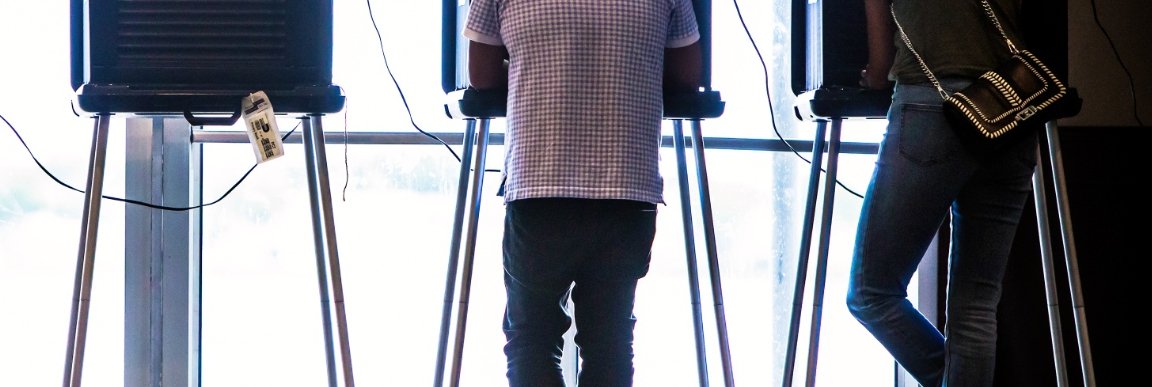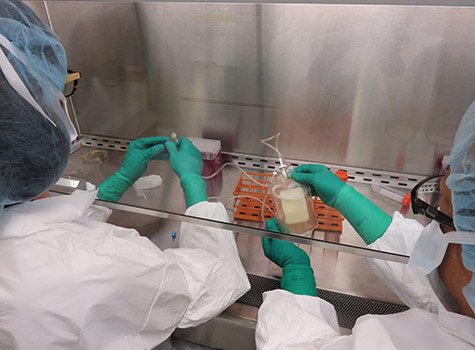
Proposition 8 would require the state’s 555 kidney dialysis clinics to give insurance companies back any money they make when revenue exceeds 115 percent of the cost of direct patient care and improvements such as staff training. It will be on the Nov. 6 ballot along with 10 other California initiatives on topics ranging from daylight savings time to the size of cages for farm animals.
The ballot measure is the latest front in a battle between organized labor and the state’s two largest dialysis providers, DaVita Inc. and the North American unit of Fresenius Medical Care AG & Co. The Service Employees International Union-United Healthcare Workers West, which sponsored the referendum, has failed to push similar bills through the Democratic-controlled state legislature.
Critics say the referendum is merely an attempt by the union to punish dialysis companies, which have resisted efforts to allow clinic workers to organize. One major newspaper editorial board accused the union of hijacking the ballot process to wage a labor battle.
“The initiative process is not the place to tilt the scales in a labor dispute,” the San Francisco Chronicle said in a Sept. 9 editorial.
DaVita and Fresenius, which treat almost 70 percent of dialysis patients in the state, are the biggest donors to the opposition effort, according to the office of the California secretary of state. The total raised is the most for a single California ballot initiative in at least two years, approaching the $109 million spent by pharmaceutical companies against a proposal to lower drug prices in 2016.
Profits Criticized
The union, which has contributed $17 million to support the measure, says limiting revenue would force companies like Davita and Fresenius to spend more on what it says is inadequate patient care, sanitation and staffing. The labor group said it’s not surprising that it’s being outgunned financially by the two dialysis giants.“This is their profits on the line,” said Sean Wherley, a union spokesman. “This is their business model. What is shocking is that they act as if they will lose everything when in reality they will maintain handsome profits. Just not the obscene profits they make today.”
DaVita and Fresenius earn almost $400 million each year in California, according to the ballot initiative.
Fresenius didn’t respond to request for comment. In an email, a DaVita spokesman said the proposition would limit patients’ access to dialysis treatments and jeopardize their care. Peter Grauer, chairman of Bloomberg News parent Bloomberg LP, is a member of DaVita’s board of directors.
Shares of Denver-based DaVita have fallen 2.9 percent in 2018, while U.S. shares of Fresenius, a German company, are down 6.7 percent this year. That compares with a 2 percent gain for the S&P 500 Index.
Dialysis is a life-saving treatment that purifies blood for people with kidney failure. Roughly 70,000 Californians need the hours-long service multiple times a week for the duration of their lives, and the number of patients increases every year as diabetes and hypertension -- conditions that damage kidneys -- become more prevalent.
Care Costs
Under the proposal, revenue would be linked to an allowable cost of care, which includes wages and benefits of non-managerial staff, drugs, medical supplies, patient education and counseling. But because costs don’t include professional salaries, most clinics in California would lose money and possibly be forced to close, according to a report by the Berkeley Research Group funded by a group opposed to the referendum.Berkeley, which studied 80 percent of the state’s dialysis clinics, didn’t immediately respond to a request for comment.
More than 100 provider groups, patient advocacy networks and community clinics oppose the referendum, warning that fewer outpatient facilities could lead to cardiac arrest, fluid buildup in the lungs and strokes for dialysis patients.
“As emergency physicians, we actually regularly treat dialysis patients,” said Chi Perlroth, president of the California American College of Emergency Physicians. “They end up in the ER due to missed dialysis appointments already based on other things that happen in their lives. Missing dialysis isn’t like missing a blood pressure medication dose. It could actually lead to life-threatening complications.”
Supporters dismiss those arguments as fear-mongering. Companies like DaVita and Fresenius, the union claims, mark up dialysis treatment to more than 350 percent of the cost of administration. Backers say the measure would improve quality of care because clinics could avoid reimbursing insurers by spending more money on staff training, medical supplies and improvements to facilities.
California last year recorded more than 1,400 deficiencies in dialysis clinics, including faulty equipment and failure to perform safety protocols. According to the SEIU-UWH, more than 4,400 dialysis patients in California have died from infections over the past five years, and patients have reported cockroaches and blood on the floors.
Early voting has already started. According to financial services and research firm Height Capital Markets, Proposition 8 has only a 25 percent chance of passing.
“What you’re seeing now is the dialysis industry trying to spend enough to comfortably defeat the measure,” said Andrea Harris, senior vice president at Height Capital.
https://www.bloomberg.com/news/articles/2018-10-12/dialysis-clinics-fight-california-ballot-measure-...
